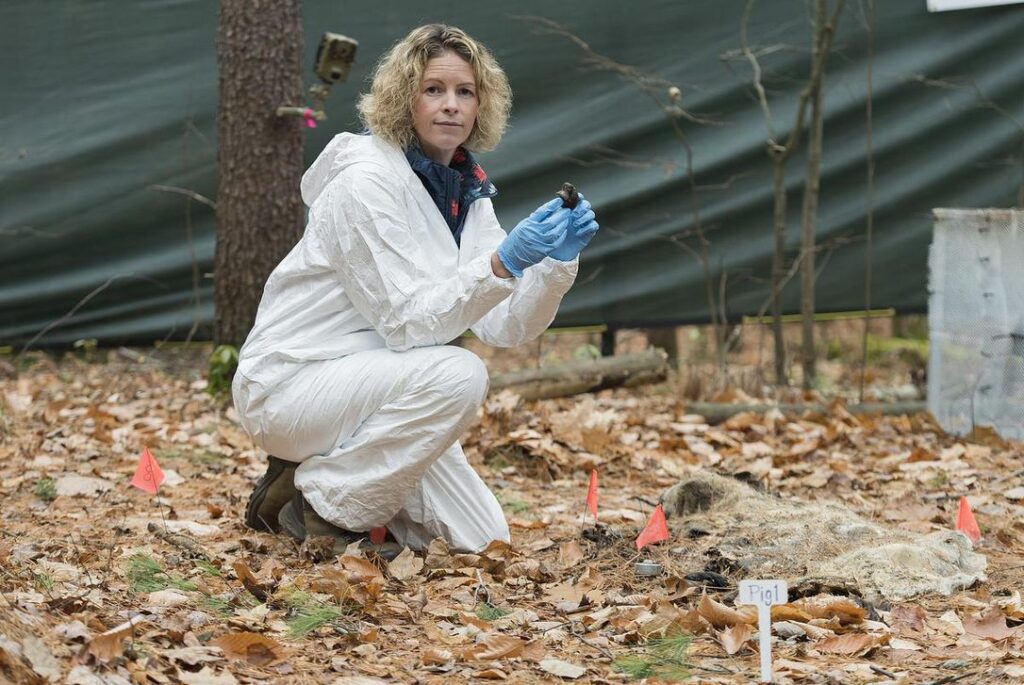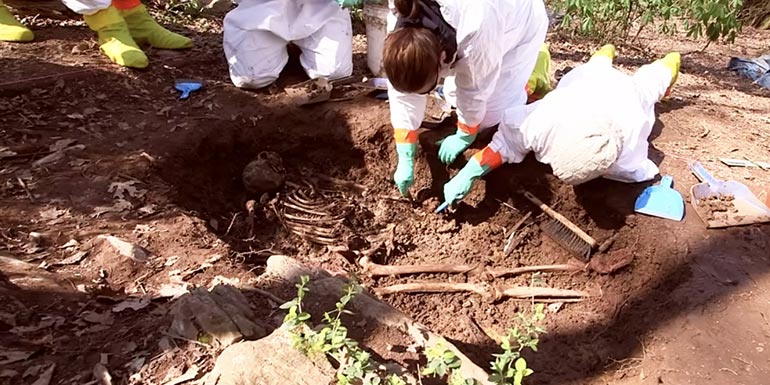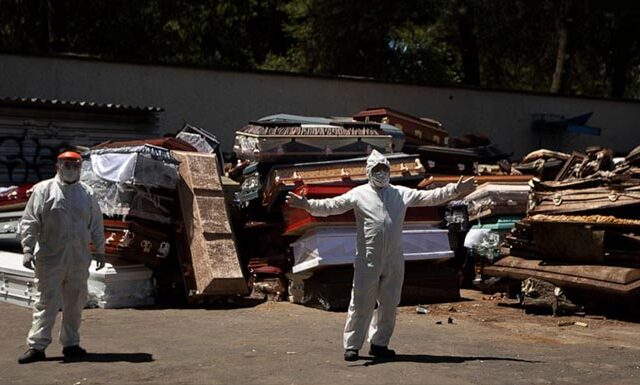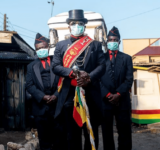Canada improves law enforcement efforts by investing in a human taphonomy facility
This spring Canada is planning on opening its first ever Secure Site for Research in Thanatology (SSRT) in Becancour, Quebec. Also commonly referred to as a “body farm” this human decomposition facility is an outdoor lab that allows for in depth study of every phase of decay.
The director of the facility will be forensic science leader Sheri Forbes, who opened the first Australian human decomposition facility back in 2016. Bringing her expertise to this new outdoor lab which will be hyper-focused on recreating scenarios seen in crimes to help Canadian law enforcement better identify corpses as well as understand if the deceased has been involved in a crime.

Bodies at the human taphonomy facility will be placed in a variety of situations from shallow graves, to inside vehicles, or being exposed to the elements. According to Forbes “Our team goes out there every single day to understand how decomposition is occurring in those different environments and that’s how we get a better understanding of time since death by studying these over weeks, months, and even years.”
This facility will be groundbreaking in having a better understanding of decomposition in the cold Canadian climate. Currently, the only other human decomposition facilities are in the US, Australia, and the Netherlands, which do not have the same extended periods of cold needed to understand what happens to bodies in the Canadian environment. Forbes said, “We’re particularly interested in understanding what happens when a body is in sub-zero temperatures, when there’s a lot of snow on the ground, and how that freeze and then the thaw process might actually change the rate of decomposition compared to what we’d see in these other facilities.”
The information that comes from the facility will become a vital tool for law enforcement and is a great step for the advancement in the understanding of decomposition.








